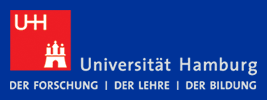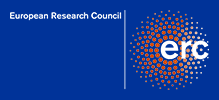| One of the greatest challenges these days in condensed matter physics is the fundamental understanding of the mechanisms leading to high-Tc superconductivity and ultimately, as a result of that, the discovery of a material system exhibiting a superconducting state with a transition temperature Tc above room temperature. While several different classes of high-Tc materials have been discovered in the past decades, including the well-known CuO-based superconductors (cuprates) or the more recently discovered class of Fe-based superconductors (pnictides), the mechanisms behind high-Tc superconductivity remain controversial. Up to date, no theory exists which would allow for a rational design of a superconducting material with a transition temperature above room temperature. On the other hand, experiments on rather complex material systems often suffer from material imperfections or from a lack of tunability of materials’ properties within a wide range. Our experimental studies within this project therefore will focus on model-type systems which can be prepared and thoroughly characterized with atomic level precision. The growth of the model-type samples will be controlled vertically one atomic layer at a time and laterally by making use of single-atom manipulation techniques. Atomic-scale characterization at low energy-scales will be performed by low-temperature spin-resolved elastic and inelastic scanning tunnelling microscopy (STM) and spectroscopy (STS) as well as by non-contact atomic force microscopy and spectroscopy based techniques. Transport experiments will be conducted by a four-probe STM setup under well-defined ultra-high vacuum conditions. By having access to the electronic and spin, as well as to the vibrational degrees of freedom down to the atomic level, we hope to be able to identify the nature of and the conditions for inducing superconductivity at high temperatures, which could ultimately lead to a knowledge-based design of high-Tc superconductors. |
|
Principal Investigator:
Host University:
|



